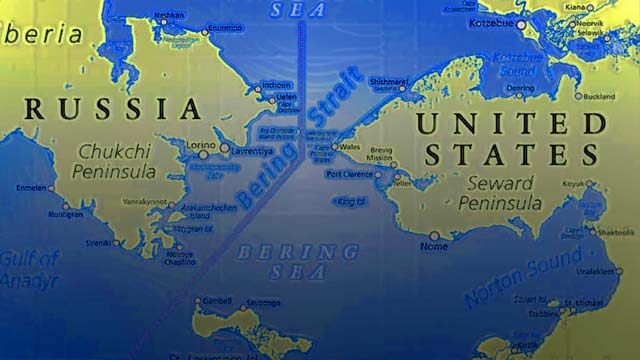
In the mid-1980s, Mikhail Gorbachev's leadership brought significant reforms to the Soviet Union, introducing Glasnost (openness) and Perestroika (economic restructuring), which altered perceptions between the Soviets and the West. Gorbachev's popularity soared internationally, sparking enthusiasm among peace organisations and social activists for new socio-economic opportunities. However, by the early 1990s, many academic courses on Soviet topics became outdated, leaving only Russian History and Language courses relevant, while new voices emerged on Soviet affairs.
During the Cold War, Alaska restricted travel for Soviet citizens except for specific exchanges. In April 1986, Gennady Gerasimov, a Soviet journalist, visited Alaska, coinciding with the Chernobyl disaster, prompting his immediate return. Despite this, Gerasimov was later appointed Foreign Affairs Spokesman for Gorbachev and played a pivotal role in fostering Alaska-Russian relations, marking the beginning of cultural and economic exchanges. These interactions, however, faced disruptions after Russia's annexation of Crimea in 2014, reflecting the historical fluctuations in Alaska-Russian relations




















